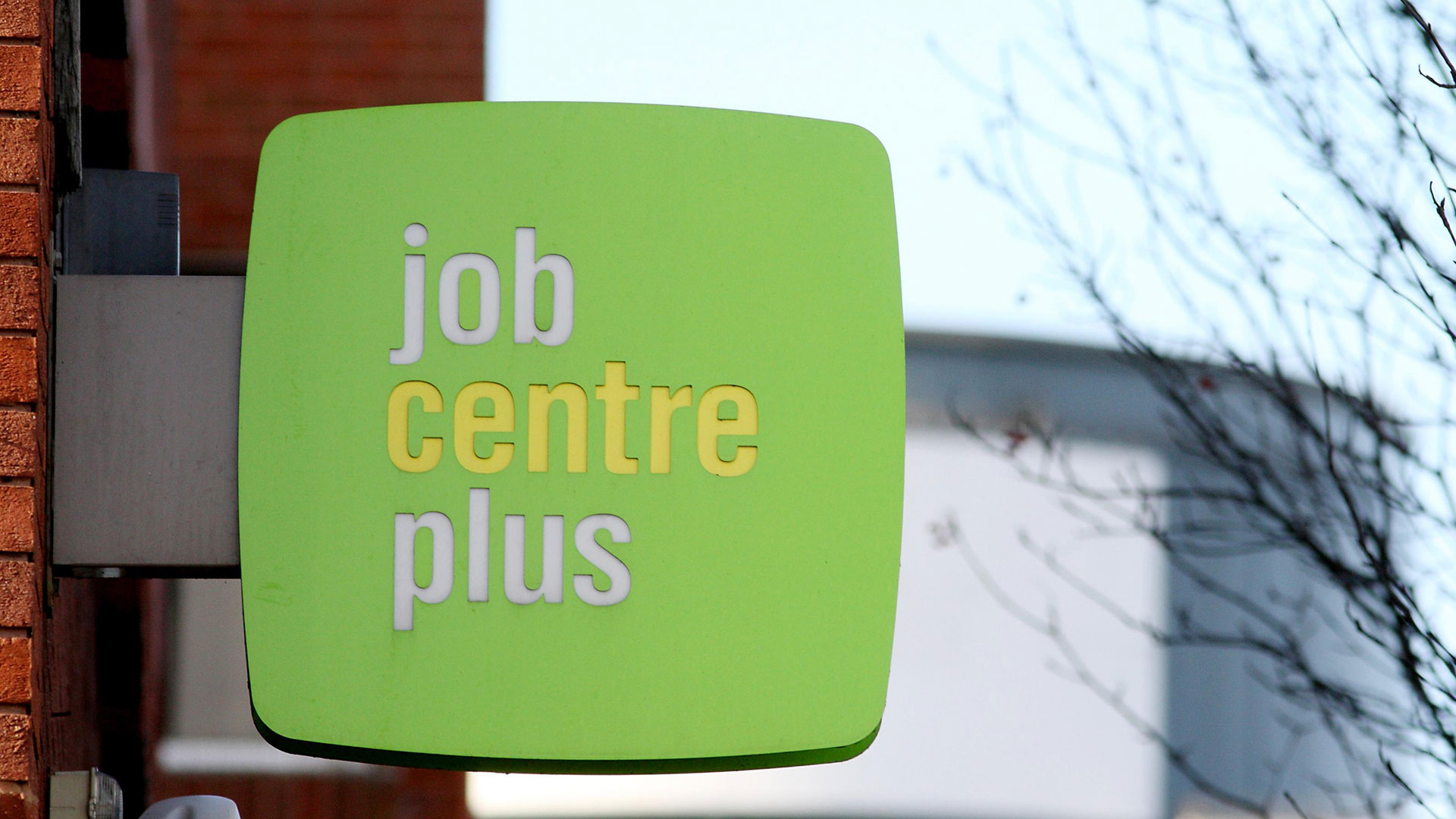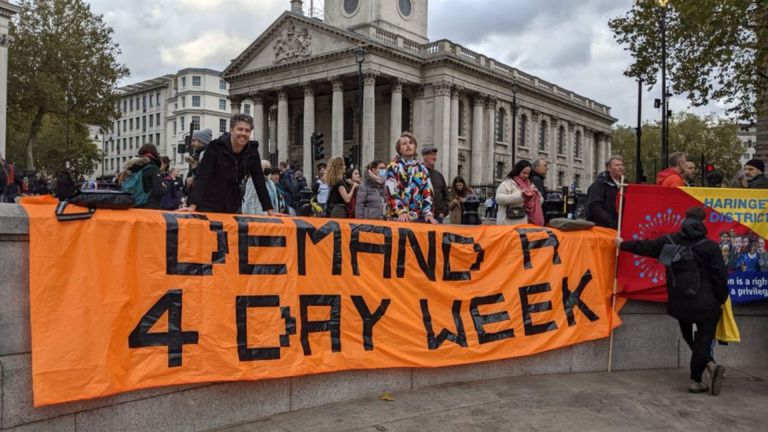The Covid-19 crisis is hitting the UK labour market hard. The country has plunged into its deepest recession on record, and despite more than tens of thousands of redundancies being on the cards so far, there are fears that the picture is set to get worse for UK workers.
Lockdown on March 23 shut shops, cafes and non-essential retail, meaning businesses lost entire incomes overnight. As a result, Britain’s economic downturn is the worst of any G7 country and the most significant decline in the EU. The Office for National Statistics estimated that between April and June this year, there were 4.8 redundancies per every 1,000 workers.
ONS analysis also revealed that GDP fell by 20.4 per cent – more than a fifth, and double the drop seen in the US during the same period – over the last quarter. The researchers found that around 730,000 jobs were lost from company payrolls since March. Not all of these can be classed as unemployed because they were not actively looking for work, experts said, forcing a major shift in the labour market during the pandemic.
To allow so many viable jobs to be needlessly lost is unforgivable
Ministers urgently need to read new @IPPR report:
📢 reduced hours not redundancies
📣 hardest hit firms/sectors & those shielding
🌈 job protection in local lockdowns/2nd wave
https://t.co/8WZ84L6u5u— Caroline Lucas (@CarolineLucas) August 16, 2020
The government’s job retention scheme has gone some way to protecting workers and allowing businesses to keep staff on the books while closed. Nearly 9.4m people have been furloughed to date since the country locked down, but – despite countries like Germany extending their own furlough systems to 24 months – the scheme is set to end in October. There are concerns this will lead to an unprecedented wave of redundancies when companies find they’re unable to hold onto staff without government money coming in. It’s thought that as many as two million jobs could be lost.
It’s a particular worry for industries which struggle to operate within social distancing measures even once allowed to reopen. And for the sectors particularly impacted by Covid-19 restrictions, like hospitality and aviation, the picture is bleak. The Office for Budget Responsibility said that at least 10 per cent of workers currently furloughed will face permanent redundancy when the scheme ends.










